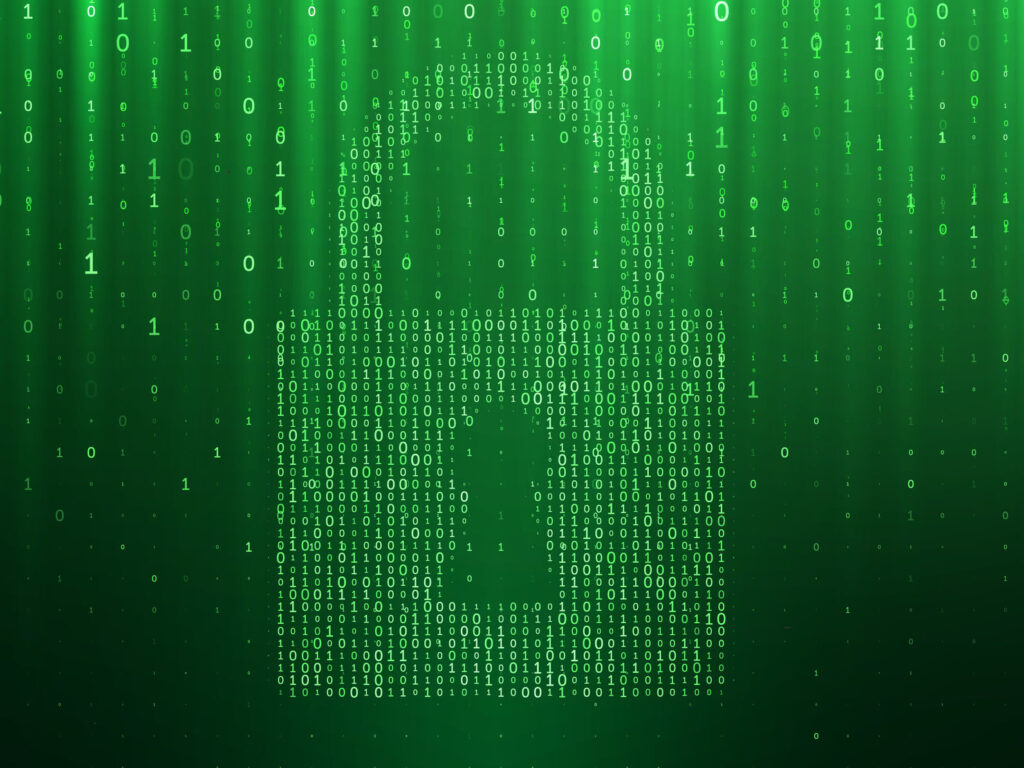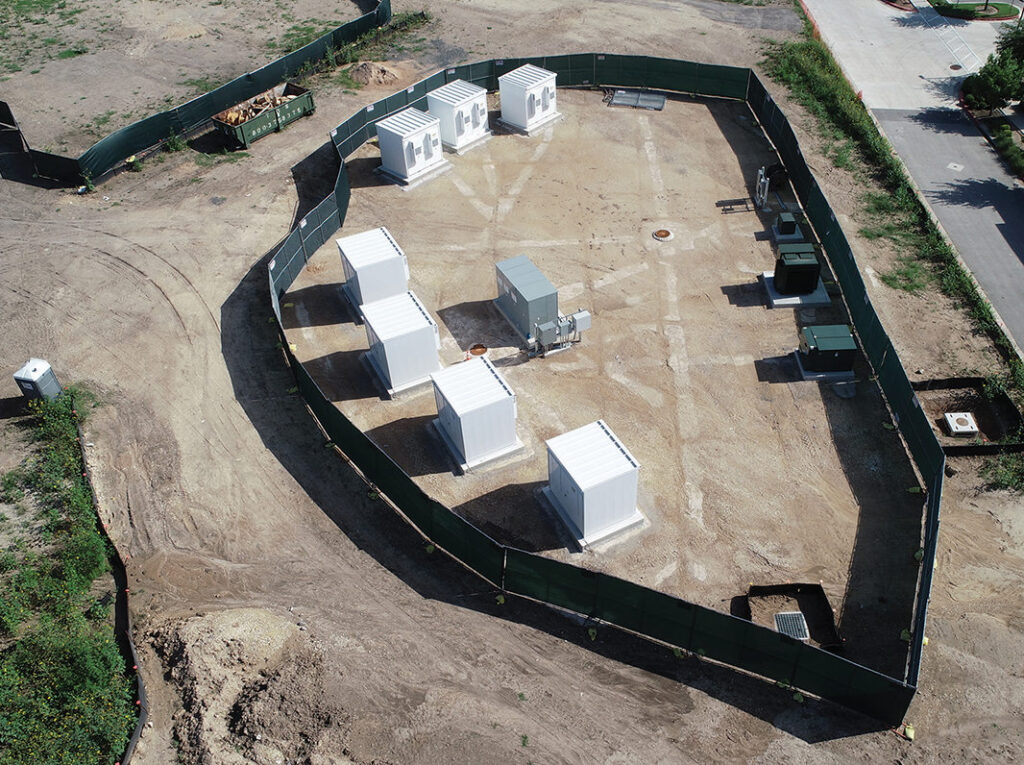Data Privacy: A Secret Ingredient for Aspirational Energy Innovators

Data privacy is bubbling up across markets as a major issue to be faced. The DataGuard Initiative is aiming to be a source of support for utilities.
When widespread furor erupted over FaceBook and Cambridge Analytica’s unauthorized uses of sensitive customer data, CEO Daniel Roesler was not surprised. His company, UtilityAPI provides a service to manage data sharing of energy usage/savings for homes and businesses on behalf of solar, storage, energy efficiency companies, and utilities. “There are tremendous insights to be gained by analyzing vast amounts of data generated by users, sensors, near-real-time feeds, public and third party databases. It requires a balancing act of creativity and restraint to keep the interests of the customer centerstage at all times.”
Initiatives like Privacy By Design— developed initially in the 1990s by Dr. Ann Cavoukian, Information and Privacy Commissioner of Ontario, Canada—called for privacy to be taken into account up front and key principles embedded throughout the entire engineering and product development process. While the effort drew industry attention to key considerations and concerns, the high-level principles were not universally adopted.
Funding from the American Recovery and Reinvestment Act of 2009 (ARRA) propelled deployment of millions of interval meters able to capture details and patterns of consumer use of electricity, gas, and water. Standards groups joined with industry to create the Green Button and Green Button Connect initiatives so sharing meter data with common definitions and data structures would be practical. Several years later, many of the same industry players, along with consumer advocates and privacy experts, convened to devise a voluntary code of conduct (VCC) to facilitate secure access among consumers, utilities, and third party technology providers who in turn would provide valuable services to consumers. In addition to specifying a VCC, the DataGuard initiative, also includes a branding component to let consumers and prospective partners know instantly that companies displaying the logomark are committed to following best practices to gain permissions and secure data used in their programs and products.
Utilities and responsible technology companies have a long history of zealously protecting consumers’ financial and personal information. It is a natural extension of that philosophy to analyze usage data while maintaining strict privacy standards.
New players are tackling sustainability and incorporating predictive analytics which challenge the well-established energy marketplace. It’s easy to imagine emerging companies might be so focused on developing innovative approaches and generating market disruption, teams might not have sufficient bandwidth to expend the same level of effort on energy usage data privacy.
“We’re talking potentially millions of customers with fundamentally different perspectives, incumbent utility partners with extensive legal and regulatory teams, and powerful regulators with varied priorities in all 50 states,” says Roesler. “If you build your product and reputation on an accepted foundation of best practices and standards, you stand a far better chance of eventually becoming a transformative phenomenon and making a positive impact.”
States like California and Illinois spent years developing strict rules to protect consumer energy usage information. This May the EU implemented General Data Protection Regulation (GDPR), a law on data protection and privacy for all individuals within the European Union and the European Economic Area. UtilityAPI welcomes the increased awareness. “Fortunately, as an early adopter of DataGuard, we are already in alignment with these regulations,” says Roesler. Our software, data handling, permission, and business practices don’t need to be modified in order to comply.”
Industry groups such as the Green Button Alliance and Smart Energy Consumer Collaborative inaugurated a new DataGuard Partner Program to reinforce and strengthen their commitment to the importance of responsible sharing, access and privacy of consumer energy use data.
On a recent webcast hosted by SECC and GBA; Eric Lightner, Director of the Smart Grid Task Force at the U.S. Department of Energy, voiced the Department’s support of the industry’s efforts to upgrade their systems with new technology—with increased intelligence—that offers opportunities to provide new products and services to consumers but also poses challenges regarding data privacy and access. “As the market has evolved over the past few years, we’re seeing the need for a VCC become even more evident than when the program was initiated in 2012.” And to keep pace with a changing industry, DataGuard is expected to evolve as well. DOE will be kicking off the first revisions working group this fall with an online crowdsourcing exercise to collect stakeholder recommendations for enhancing the concepts and principles to keep pace with changing conditions.
Member organizations as well as technology companies transforming data into services that benefit customers are invited to adopt DataGuard and participate in the revision process. Sign up here.





